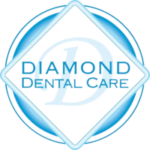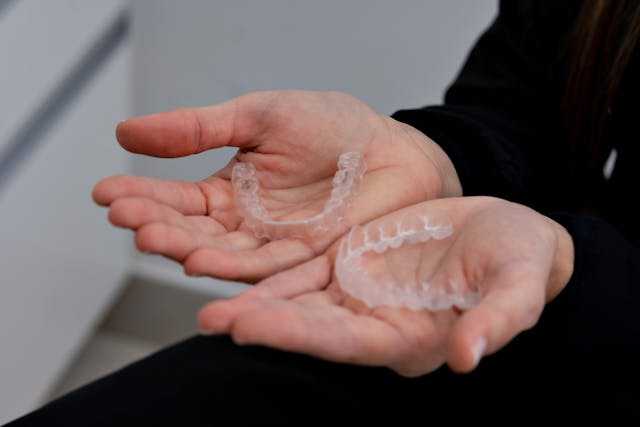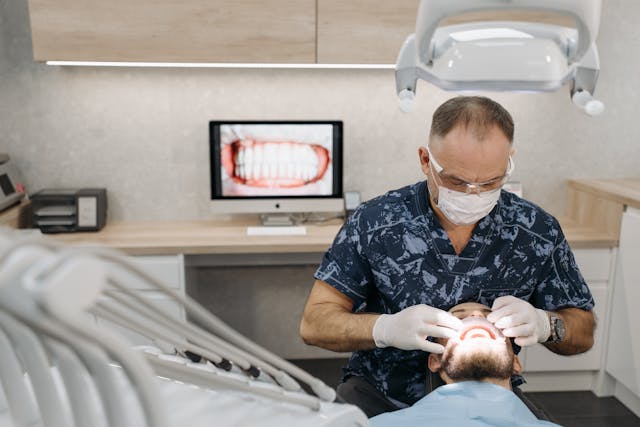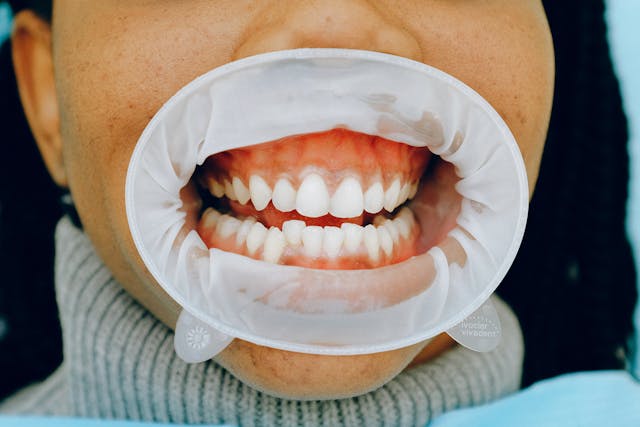Introduction
Chipped a tooth? No worries—dental bonding is a quick and affordable way to restore your smile. Whether you had an accident or chipped your tooth biting into something too hard, bonding can help fix the damage. It’s a popular solution that requires minimal time and offers immediate results. Let’s dive into why bonding is the go-to choice for chipped teeth and how it can benefit you.
At Diamond Dental Care, we offer a variety of solutions to address most aesthetic concerns. During your visit, we’ll perform a thorough examination, take X-rays, and discuss your desired timeframe before presenting you and your parents with several treatment options. Given that some treatments may require specific timeframes, it’s advisable to book your appointment with us as soon as possible.
To schedule an appointment, simply call us at (909) 860-7579. You can also connect with us on Facebook or share your feedback on Yelp. Thank you!
What is Dental Bonding?
Dental bonding is a cosmetic procedure where a tooth-colored resin material is applied and hardened using a special light, effectively “bonding” the material to the tooth. It’s primarily used to repair minor imperfections, like chips or cracks, and is a much simpler and less invasive procedure compared to options like veneers or crowns. The materials used, typically composite resin, are carefully selected to match your natural teeth.
Why Choose Dental Bonding for Chipped Teeth?
Dental bonding is often chosen because it offers a fast and efficient fix for minor tooth damage. The entire procedure can typically be completed in just one office visit, making it an ideal option for busy individuals who want quick results. Not only is it fast, but it’s also affordable. Compared to other cosmetic procedures like veneers or crowns, bonding costs significantly less while still delivering great results.
The Process of Dental Bonding
So, how does bonding actually work? Here’s a step-by-step guide:
- Consultation and Preparation: Your dentist will examine your chipped tooth to determine if bonding is the right solution. They will then prepare the tooth by slightly etching its surface to help the bonding material adhere better.
- Application of Bonding Material: A resin that matches your tooth color is applied to the tooth.
- Shaping and Sculpting: The dentist will shape the resin to match the natural contours of your tooth.
- Hardening: A special UV light is used to harden the material.
- Polishing: The bonded area is polished to ensure it blends seamlessly with your natural tooth.
The entire process usually takes about 30 to 60 minutes per tooth.

Is Dental Bonding Painful?
One of the greatest things about bonding is that it’s virtually painless. Since the procedure doesn’t involve drilling or removing large amounts of tooth structure, anesthesia is usually not required. Some patients might experience slight discomfort during the process, but overall, it’s a pain-free experience. After the procedure, you can return to your regular activities without any significant downtime.
How Long Does Dental Bonding Last?
Dental bonding isn’t a permanent solution, but with proper care, it can last between 3 to 10 years. The longevity of your bonding depends on factors like your oral hygiene habits, the location of the bonding, and how much wear and tear it endures. Regular dental check-ups and avoiding hard foods or habits like nail-biting can help extend the life of your teeth bonding.
Benefits of Dental Bonding
There are plenty of reasons why teeth bonding is a favorite for fixing chipped teeth:
- Quick and Easy: The entire process can be done in one visit.
- Cost-Effective: It’s much more affordable than veneers or crowns.
- Aesthetic Improvement: Teeth bonding can make your teeth look whole and healthy again.
- Preservation of Tooth Structure: Unlike crowns or veneers, teeth bonding doesn’t require removing much of your natural tooth.
Comparing Dental Bonding to Other Cosmetic Dental Procedures
Wondering how teeth bonding stacks up against other cosmetic treatments? Here’s a quick comparison:
- Dental Bonding vs. Veneers: Veneers are thin porcelain shells that cover the entire front surface of the tooth. They’re more durable but also significantly more expensive. Bonding is ideal for minor chips, while veneers are better for larger cosmetic makeovers.
- Dental Bonding vs. Crowns: Crowns cover the entire tooth, providing protection and strength. They’re typically used for teeth that are severely damaged. Bonding is less invasive and a quicker fix for minor issues.
Who is a Good Candidate for Dental Bonding?
Dental bonding is a great option for anyone with minor tooth damage, such as chips, cracks, or small gaps. However, it may not be the best solution for those with severe damage or decay. If your tooth requires more extensive repair, your dentist may recommend a crown or veneer instead.
Maintenance Tips for Dental Bonding
Taking care of bonded teeth is simple. Maintain good oral hygiene by brushing and flossing regularly. You should also avoid biting on hard objects, like ice or pens, and be mindful of foods that can stain, such as coffee and red wine. Regular check-ups at your dentist will help ensure that your bonding stays in good condition.
Potential Risks and Side Effects
While teeth bonding is generally safe, there are some potential risks. The bonding material is not as strong as your natural tooth enamel, so it can chip or wear down over time. Additionally, the resin used for bonding can stain, especially if exposed to substances like coffee or tobacco. However, with proper care, these risks can be minimized.
Can Dental Bonding Be Combined with Other Treatments?
Yes! Dental bonding can easily be paired with other cosmetic treatments to enhance your smile. For instance, if you’re also interested in teeth whitening, it’s best to whiten your teeth first since bonding material cannot be whitened. Bonding can also complement orthodontic treatments by filling in gaps after braces or clear aligners.
Cost of Dental Bonding
The cost of dental bonding varies depending on the extent of the damage and your location. On average, you can expect to pay between $100 and $400 per tooth. Fortunately, many insurance plans cover teeth bonding if it’s deemed medically necessary, such as to repair a broken tooth.

Why Visit Diamond Dental Care for Dental Bonding?
At Diamond Dental Care, we pride ourselves on offering high-quality, patient-centered dental care. Our team of experienced professionals ensures that every procedure, including teeth bonding, is performed with precision and care. Conveniently located at 303 South Diamond Bar Blvd, Ste 2C, Diamond Bar, CA, we offer a welcoming environment where your dental health is our priority.
Conclusion
If you’re looking for a fast, affordable, and effective way to repair a chipped tooth, teeth bonding is an excellent option. With minimal downtime and stunning results, it’s no wonder so many patients choose this cosmetic procedure. Don’t let a chipped tooth ruin your smile—schedule a consultation with Diamond Dental Care today!
FAQs
- How long does teeth bonding last?
Teeth bonding typically lasts 3 to 10 years, depending on your oral habits and care. - Can teeth bonding be repaired if damaged?
Yes, if your bonding chips or cracks, your dentist can easily repair it. - Does Teeth bonding stain easily?
Bonding can stain over time, especially if exposed to dark-colored foods or drinks like coffee or wine. - How soon can I eat after teeth bonding?
You can eat immediately after the procedure, but it’s best to avoid hard or sticky foods for the first 24 hours. - Will my teeth bonding look natural?
Yes, the bonding material is carefully matched to your natural tooth color, making it blend seamlessly.



